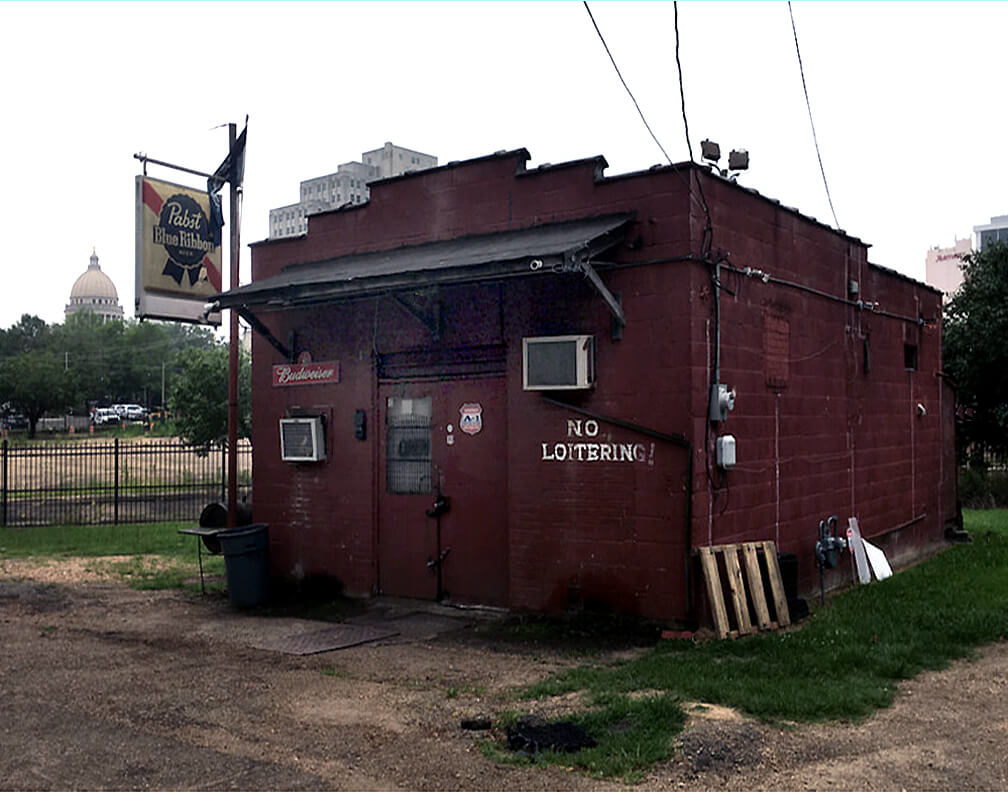Food is a passionate issue for many people, and some foods are certainly controversial. Barbecue, for instance, is a highly inflammatory subject, but almost any food can become a flash point; I was once involved in a knock-down-drag out about how to make the perfect grilled cheese sandwich (Do you use mayonnaise? I don’t…).
Arguments over foods range from the sublime to the ridiculous, but unless you’re one of those self-styled and overly-promoted griddle Napoleons or oven Antoinettes you can get your fill of almost everywhere—or just an all-around jerk yourself—talks about foods and cooking tend to be cordial, albeit with the a measure of peppering. People who enjoy food and cooking are gregarious, open, and giving, and their activities revolve around food.
The best meals are home-cooked, and home itself must be one of the warmest words in the English language. Home entails more than place; the word implies security, comfort, congeniality and much, much more. Here in the South, the word has become infused with almost mystical implications, evoking a sort of paradise, and lost like all others. When we talk about home cooking, we’re talking about foods with a voice in the family and in the community, a cuisine that sings of time and place, a balm for the mind, a madeleine for memory. Foods without history and bereft of geography are just plain bad.
I grew up in north Mississippi, which is home to the cooking of the middle South, of the yeomanry, of the people who were the rule rather than the exception in the rural South of their day. My people are descended from small farmers who came into Mississippi from Virginia and the Carolinas, and the way my ancestors cooked still informs the state’s table. Theirs was not a light cuisine; it sustained people through long days of hard labor. They fed themselves and their families on the same basic foods the colonists at Jamestown ate: corn and pork augmented by whatever they could get to grow augmented by game and fish. Food was important to them because it was their only unadulterated source of pleasure. They planted and harvested, cooked and baked, canned and preserved, making the most of what they had season to season, year to year, generation to generation.
Recipes are dead words; it’s up to the cook to breathe life into them. It’s an unwritten law of cookery that the same recipe in the hands of, say, six or seven cooks will produce different (often surprisingly different) results. If you want to learn how to cook, then you must cook yourself. Once you’ve become more secure in your abilities and more confident of your results, then by all means be more creative. One of the glories of cooking as an art is that it lends itself easily to experimentation, but be “original, not outrageous,” as Alice B. Toklas cautions. Capote once said of writing that you must learn the rules before you can break them, and this is true of cookery as well.

